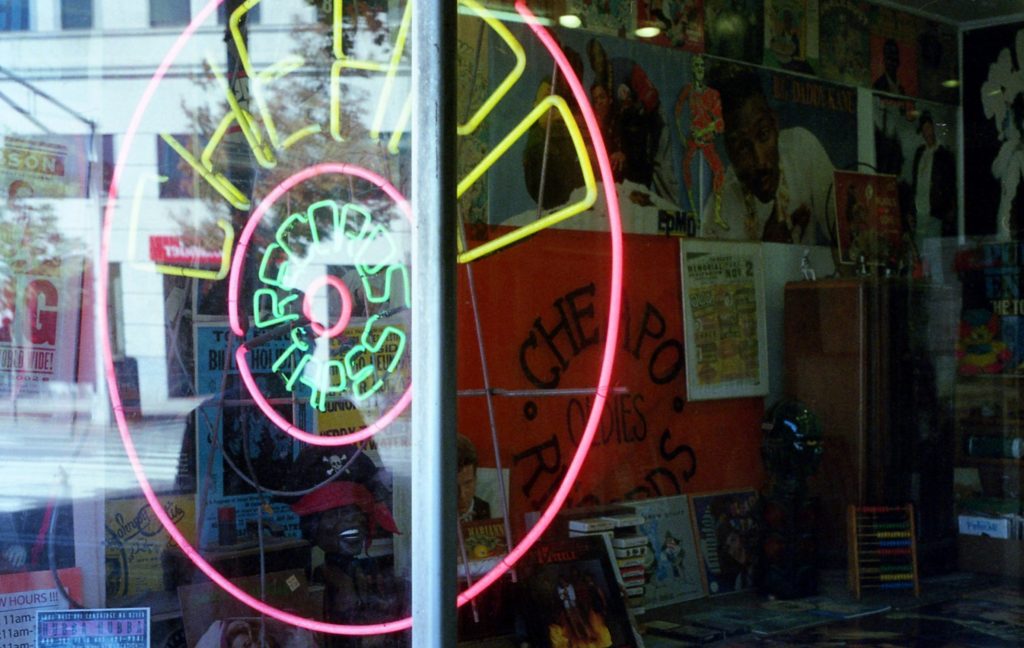These days, many entrepreneurs launch businesses in the digital realm and build a loyal customer base through online sales and social media. These virtual relationships foster business growth that can turn into a brick and mortar location.
If your business has reach this stage, then congratulations! It’s not easy to make it this far. In terms of moving forward with your brick and mortar opening, there are many factors to consider before launch.

We have compiled the essential decisions you’ll need to make to open your brick and mortar store smoothly.
Table of Contents
Lease or Buy?
The good thing about opening a physical location after building an online presence is that you already know what you are looking to sell. You know what products are successful and now you just need the right space to set up shop.
Before looking at spaces, you need to decide if you want to lease or buy a space.
What level of commitment are you looking for in this location?
· Leasing gives you the flexibility to move spaces or expand if necessary. A management company will maintain the building, which alleviates some work on your part.
· Purchasing a property is definitely more expensive and means you cannot walk away from the ownership. You would have to get a loan to cover the mortgage. You will build equity in the building over the years and have complete control over the space – including any modifications you need to make.
Once you answer this question, you can move onto the next step.
Location, Location, Location
Once you decide if you want to lease or buy, you need to find the support of a local real estate agent. The location of your business can impact your level of success. Some factors to consider are:
· Style: What kind of vibe does your business have? Are you looking for this location to be casual or more professional? Do you want a trendy space or something traditional?
· Zoning and Codes: Some states and cities will have restrictions on where certain business types can operate. For example, some locations might be zoned for retail and others for food. This is where a realtor is useful as they know zoning restrictions.
· Customer Demographics: As a business owner, you should know what your customer demographic consists of and how to attract them. Is this location in a place they will be able to get to easily?
· Visibility: While loyal customers might take the time to find your location, what about new customers? Will the location attract people in? Can they easily see the business sign or will foot traffic pass through?
A few other location-based factors to consider include:
· Parking and accessibility
· Competition
· Room to grow
Overall, remember to think of the business from the mindset of a customer. After all, you ultimately want a space they will enjoy coming to.
Security
This also ties into location – but is not a deal breaker in finding a space. Ideally, the brick and mortar location will be in a safe area that people will feel comfortable visiting. As a business owner, you also want the peace of mind that your business will not be burglarized or vandalized outside of business hours. You can (and should) ensure the brick and mortar space has the highest quality security equipment. Companies like DD Counter Measures specialize in providing this peace of mind to businesses.
Infrastructure
The brick and mortar opening also involves answering questions around infrastructure. When looking at a space, think about the construction and design. Is this space able to handle the demands of your business?
For example, if it is a clothing boutique there should be dressing rooms or the ability to construct dressing rooms in the space. If it is food-based, an adequate cooking and preparation area is a necessity. The space should be able to support this or be adapted to the demands.
Licensing
Ideally, some of this licensing might already be in progress if you have an online presence. Businesses have to have an Employer Identification Number (EIN) and a sales license for retail operations. This is used to report taxes to the IRS but you probably have an EIN if you have a business bank account.
However, you need to find out if your business requires additional licensing. A hair salon will need additional certification and licenses to operate. Other business might also have requirements based on the state you live in. Licensing and certification might require extra work on your part in order to open this brick and mortar location.
Let Them Know
Spread the word! You want your online base to follow you to this new space. You can always use word of mouth and social media. A physical location should help your business expand through loyal customers and new customers. This only happens if you put intentional decision making behind all choices as you consider your entrepreneurial takeover of the business world.

